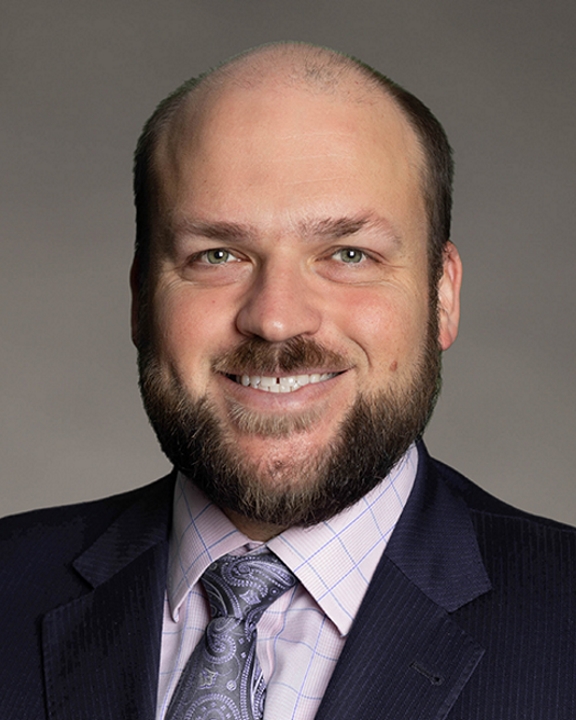Community Health Workers (CHWs), also known as Promotores, are community-based professionals who provide culturally competent, person-centered support. CHWs provide a range of services for vulnerable populations to close gaps in care and navigate resources to help members better self-manage their health and social needs.
- In September 2022, the Biden Administration announced it was awarding $225 million in American Rescue Plan funding to train over 13,000 CHWs, the largest ever one-time federal investment in the CHW workforce.
- The Consolidated Appropriations Act of 2023 also authorized $50 million annually to build CHW workforce capacity from state fiscal year (FY) 2023 through FY 2027.7
- These substantial investments underscore the increasing recognition among federal and state policymakers of the pivotal role played by CHWs in fortifying population health.
1. CHWs typically reside in the communities they serve, offering practical insight to providers and care teams on effective engagement strategies based on their own lived experience. As members of the community, they often bring diversity to the workforce, allowing them to connect with patients who may feel isolated within the healthcare system.
2. While CHWs operate in both community-based and remote capacities, their contribution lies in their ability to engage with members outside traditional clinical settings. CHWs often go into the community to meet members where they are, whether in a home, shelter, or other community setting.
3. Historically, programs that provide CHW services relied on grants and other state and federal funding. In recent years, there has been a push to provide direct revenue for these services under various Medicaid and Medicare initiatives or new benefits.
- As of 2022, more than 29 states allow Medicaid payment for services provided by CHWs either under state plan authority or through other coverage pathways, including under Section 1115 Medicaid waivers.
- As of January 2024, Medicare provides reimbursement for services provided by CHWs utilizing Community Health Integration (CHI) services under the updated Physician Fee Schedule.
4. CHWs provide health services to prevent disease, disability, and other health conditions or their progression, prolong life, and promote physical and mental health and well-being. Depending on the training and background of the CHW, they can provide additional services related to specific clinical conditions (e.g., diabetes, asthma) or populations (e.g., formerly incarcerated, young children) to help address care gaps and social determinates of health (SDOH) service needs.
5. Over the past several years, CHWs have become an integral part of various care team models across the continuum of care (inpatient discharge planning, ED, ambulatory care, and home care). This integration aligns with the broader objective of coordinating whole-person care, blending member’s social needs with their clinical treatments & health needs.
CHS has deep expertise in care model design and can offer guidance to organizations looking to integrate CHWs to address social determinants of health, close quality care gaps and improve total cost of care. We have a proven track record in developing plans to facilitate coordination between managed care plans, providers, and community-based organizations for effective member outreach and engagement strategies.
Contact us at info@copehealthsolutions.com or (213) 259-0245 to learn how CHS can help your organization integrate community health workers within your model of care and care teams.

